Legal with Leah: The questions around data centers
Leah Curtis joins this Legal with Leah to talk about what data centers mean for local communities and how to stay engaged in the development process
Read MoreWhat are some of the things landowners need to be aware of, as they might see more people wanting to come out to their property and to rural Ohio for the best seat in the house?
Many Ohioans will be treated to a rare phenomenon this spring when viewing of a total solar eclipse will be viewable for much of the state. On this Legal with Leah, Ohio Farm Bureau Policy Counsel Leah Curtis shares some of the concerns this might bring up for landowners.
Listen to Legal with Leah, a podcast featuring Ohio Farm Bureau’s Policy Counsel Leah Curtis discussing topics impacting farmers and landowners.
Ty Higgins [00:00:00] Much of Ohio going to be treated to a rare phenomenon this spring, when a total solar eclipse will be viewable for much of the state. Today, we’re talking with policy counsel for Ohio Farm Bureau, Leah Curtis, about some of the concerns this might bring up for landowners. And Leah, this is such a unique situation. What are some of the things landowners need to be aware of, as they might see more people wanting to come out to their property and to rural Ohio for the best seat in the house.
Leah Curtis [00:00:24] So from a legal perspective, I think we’re seeing a lot of concerns and hearing a lot of concerns about landowner liability. And that’s something that we hear questions about really all the time. But as we are concerned about, maybe people are going to try to come on our property and watch the eclipse. They might try to park on the side of the road. So from a legal perspective, a landowner’s liability to someone for an injury or some sort of harm that might happen is largely based on whether and to what extent the landowner has what we call a duty of care to that person.
Ty Higgins [00:00:55] A duty of care. Sounds very legalese, but what does that mean for landowners out there?
Leah Curtis [00:01:00] So it is. It is kind of the court term, but depending on how or why the person has come to your property, that’s going to determine what level of care you need to provide for them, what level of attention you need to provide to prevent a harm. So a landowner has no duty of care for a trespasser. That’s kind of the the basic bottom level of care. You don’t have to have any warnings, and you don’t have to change your property in any way for a trespasser. On the contrary, a person that you might invite to your land for a business purpose, so maybe if somebody is coming to your property and you’ve charged them to come watch the eclipse on your property, you would have a higher duty of care. And you should do things like attempting to remove dangerous situations. You should warn them of any dangers that would be present and take steps to prevent harm or injury to that person. And then, of course, no matter why someone’s on your property, whether they are trespassing, whether they’re there because you invited them for any reason, you cannot intentionally cause harm to someone on your property. So taking any kind of intentional act to harm someone, that is always going to be a situation where liability could happen.
Ty Higgins [00:02:09] I know as this date of April 8 gets closer and closer, our phones keep ringing about questions landowners have. If landowners are concerned about the possibility of trespassers, what can they do?
Leah Curtis [00:02:20] So trespassing is always a big concern and it can be a little sticky to deal with. So one thing that you can do is try to ensure your property is marked with signs. So I want to be clear, the law does not require you to have a No Trespassing sign. That’s sort of a myth that people have out there, that they have to have them. They have to have one every so many feet. There’s nothing in the law that says that. But what a No Trespassing sign does is, it’s helpful to put people on notice that they’re not welcome on your property. So well-meaning people, people that may just have unintentionally stumbled upon your property, when they see those signs, they are going to know I’m not supposed to be here. It also just serves if there is a situation of a lawsuit or a criminal charge, that No Trespassing sign can help as evidence that that person should have known they were trespassing. And then things like physical barriers, permanent or maybe even temporary fences. Maybe the eclipse warrants putting up some sort of temporary fence. Making sure buildings are locked can be helpful. If they are there, or they are or could be added reasonably. And then, I do think it’s a good idea to talk to your law enforcement. You can discuss your concerns. You can get their recommendations. If you’re concerned about people maybe stopping on the road right of way, that’s something that law enforcement would need to help you with. So they can help with that. And then just finally, our landowner toolkit does have a section on landowner liability, and it would be a really good thing to review. It covers all those levels of duty of care that you would have to the different types of people that might come to your property and can give you some good background on landowner liability in general.
Ty Higgins [00:03:55] Now, there are some landowners that are right in the path of this total solar eclipse that are thinking I might be able to benefit from this a little bit, maybe bring some people on to the farm and give them that view and get them into rural Ohio and give them an experience they won’t forget. What do landowners need to know as far as having some campers or those guests that are invited on the farm?
Leah Curtis [00:04:17] So when it comes to camping on property, you know, we do see this from time to time. Landowners may have one person, a hunter or something camping. But when you get to a certain level, campgrounds are regulated entities. You do have to have a license to be a campground. And so generally, most of those licenses start when you have at least five or more spots or five or more campers. So if you are thinking you will be to that level, you do want to work with your local health department to see, what do I need to come in compliance with? There is a temporary campground license, so that is something you want to do. I would say, you probably start now. Getting prepared, making sure you have all the things in place. There are a lot of concerns with sewage and septic and water in particular. So those are things that you would need to be thinking about and paying attention to. And the local health department can help you walk you through that.
Ty Higgins [00:05:09] Mom and Dad had Woodstock. You and I have Eclipsestock, I think, on some of these farms across Ohio here in the beginning of April. If campers are on your property, are there liability concerns there?
Leah Curtis [00:05:20] Yeah. So at that point, if they are paying you, that’s that business invited person. That’s that highest duty of care. You know, you’re going to need to warn them of any dangerous situations, remove dangerous situations as reasonably possible. And then, you also want to think about those practical aspects of having somebody camping on your property, bathrooms, water access, again, sewage, septic, that kind of thing. You know, how are you going to address those needs of those people while they are on the property? Just to save yourself some headaches while that’s happening. If they’re not paying you, if they’re just people maybe you invited. Maybe they’re friends of yours. That is a slightly lower level of care. You don’t have quite the highest level that you do when people are paying you, but you do still need to warn them of dangerous situations. You want to try to take steps to avoid dangerous situations for those people. And again, the landowner toolkit does go over all of those levels of guests. And so it’s a good thing to review, as you are kind of planning out what you want to do during this eclipse.
Ty Higgins [00:06:19] Lot of things to think about and prepare for. All for three minutes of total darkness during the day on April 8 for Ohio’s total solar eclipse, Leah Curtis, policy counsel with Ohio Farm Bureau, joining us for this Legal with Leah.
Ohio Farm Bureau Landowner Toolkit contains essential information prepared by Ohio Farm Bureau’s legal team that will help answer questions unique to property owners. It is an exclusive benefit for Farm Bureau members.
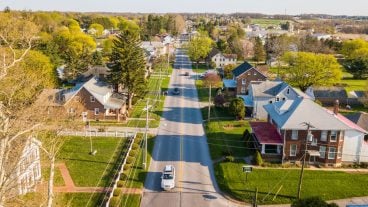
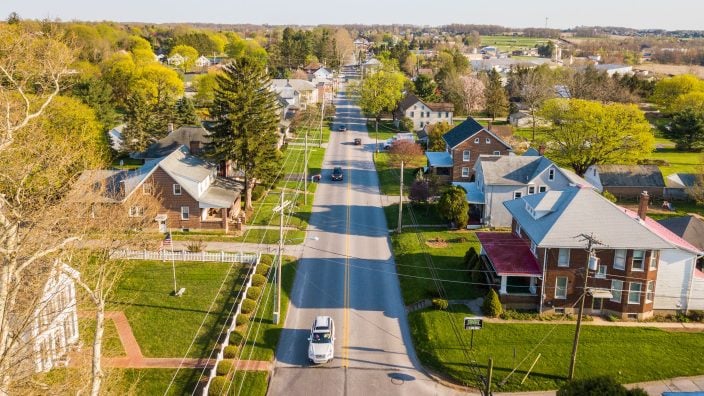
Leah Curtis joins this Legal with Leah to talk about what data centers mean for local communities and how to stay engaged in the development process
Read More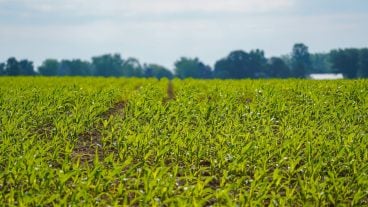
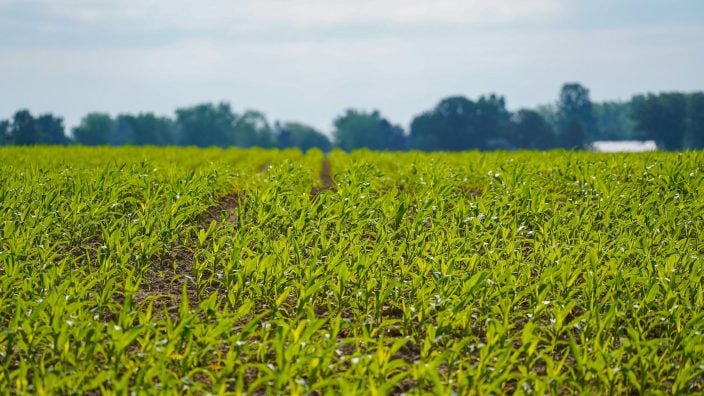
Ohio Farm Bureau advocated for a change in the law to allow family members and employees to handle pesticides while under the supervision of a licensed applicator. The rules around HB 10 are being finalized.
Read More

Four property tax reform bills were signed into Ohio law at the end of 2025. Ohio Farm Bureau Associate General Counsel Leah Curtis breaks down the bills and what the changes mean for Ohioans.
Read More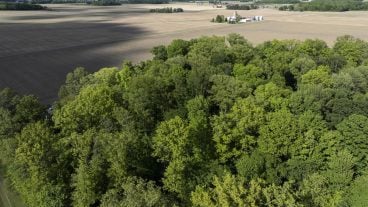

Learn what the requirements are to legally fly a drone in Ohio as well as steps the Ohio Legislature has taken in terms of security concerns.
Read More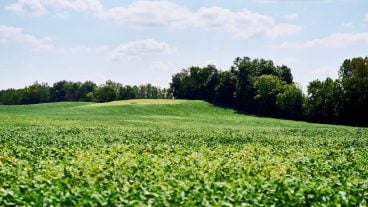
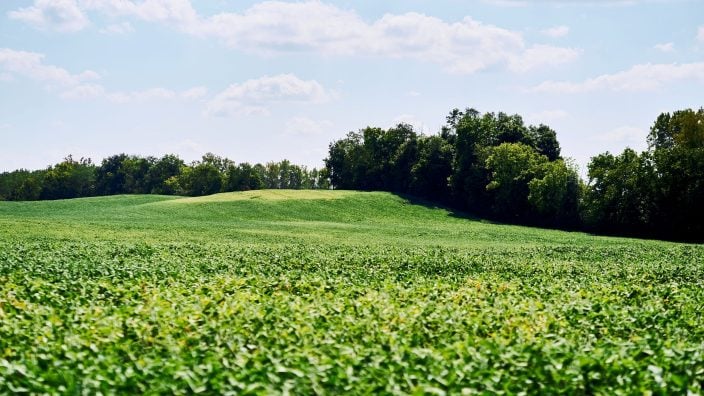
In 2025, about 21 counties are going through a reappraisal or update, and because Ohioans pay taxes one year behind, they will see new property tax bills in January 2026.
Read More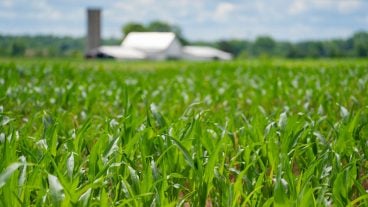
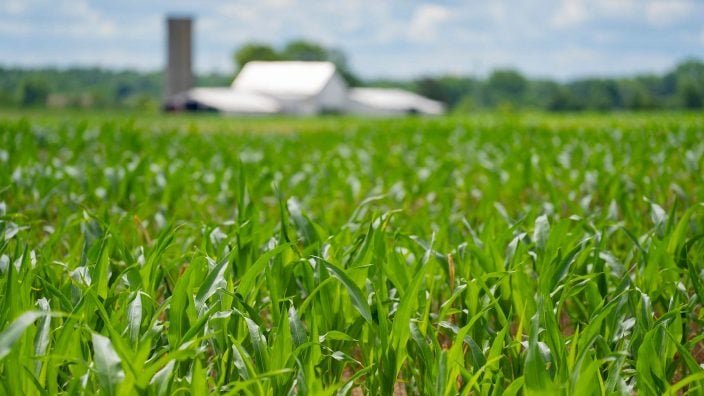
Any unlicensed handlers who use restricted use pesticides will need to have additional training. Farm Bureau will be working on legislation to give employers a choice on how to provide training.
Read More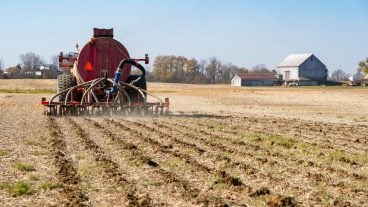
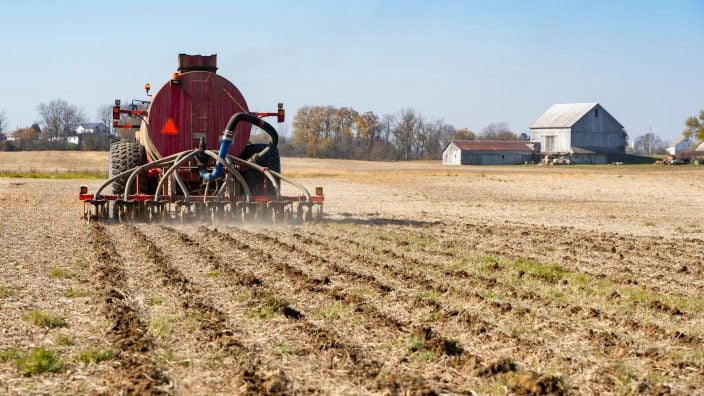
Current Agricultural Use Value is often discussed as a farmland preservation tool, but there are some other tools in the law that landowners can consider.
Read More

Update: As of Feb. 27, 2025, the Financial Crimes Enforcement Network announced no fines, penalties or enforcement action will be taken against companies based on failure to file or update BOI by March 21.
Read More

Update: As of Feb. 27, 2025, the Financial Crimes Enforcement Network announced they would not issue any fines or penalties or take enforcement action against companies based on failure to file or update beneficial ownership information reports by the March 21, 2025, deadline.
Read More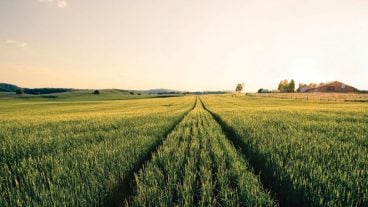

Update: As of Feb. 27, 2025, the Financial Crimes Enforcement Network announced they would not issue any fines or penalties or take enforcement action against companies based on failure to file or update beneficial ownership information reports by the March 21, 2025, deadline.
Read More